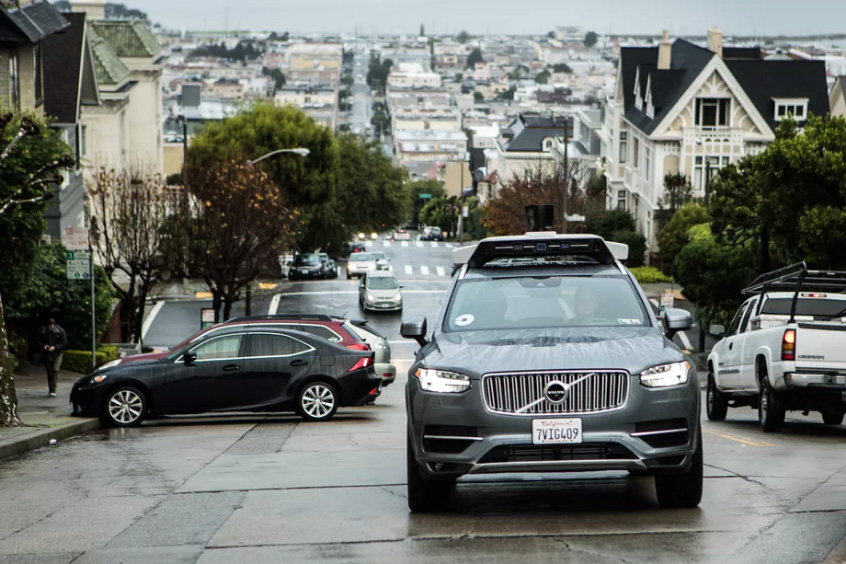In February, Google subsidiary Waymo filed a lawsuit against Uber, claiming that the ridesharing company had stolen Waymo’s intellectual property for its work on self-driving cars. The Waymo lawsuit contained bombshell allegations about widespread theft of files, and sought an injunction to prevent Uber from using any of the technology in its self-driving program.
If the courts side with Waymo, it will set Uber’s program back months or years, time the company cannot afford in the competitive race to win the self-driving car battle. So in addition to fighting Waymo in court, Uber is fighting a vicious battle of public opinion with statements that are decidedly non-corporate.
Waymo’s case centers around Andrew Levandowski, a former Waymo employee who left to found Otto, an autonomous vehicle startup that was quickly acquired by Uber. Levandowski downloaded 14,000 Waymo files before leaving the company, including plans for Waymo’s circuitry and LIDAR design.
Uber’s defense doesn’t dispute that Levandowski stole the files; it just says that those files never made it to Uber’s servers, and didn’t influence the design of Uber’s LIDAR. It also says that if Waymo was so concerned, it shouldn’t have waited for five months to file an injunction.
“Waymo’s injunction motion is a misfire: there is no evidence that any of the 14,000 files in question ever touched Uber’s servers and Waymo’s assertion that our multi-lens Lidar is the same as their single-lens LiDAR is clearly false,” Uber’s associate general counsel Angela Padilla said in a statement. “If Waymo genuinely thought that Uber was using its secrets, it would not have waited more than five months to seek an injunction. Waymo doesn’t meet the high bar for an injunction, which would stifle our independent innovation—probably Waymo’s goal in the first place.”
Uber claims that a search of all company-owned devices has not found any evidence of the files stolen from Waymo, and as such, Uber shouldn’t be subject to an injunction. But Waymo contends that Levandowski probably has the files on a non-company device, which Waymo has not been able to search.
“Uber’s assertion that they’ve never touched the 14,000 stolen files is disingenuous at best, given their refusal to look in the most obvious place: the computers and devices owned by the head of their self-driving program,” a Waymo spokesperson told Business Insider. “We’re asking the court to step in based on clear evidence that Uber is using, or plans to use, our trade secrets to develop their LiDAR technology, as seen in both circuit board blueprints and filings in the State of Nevada.”










